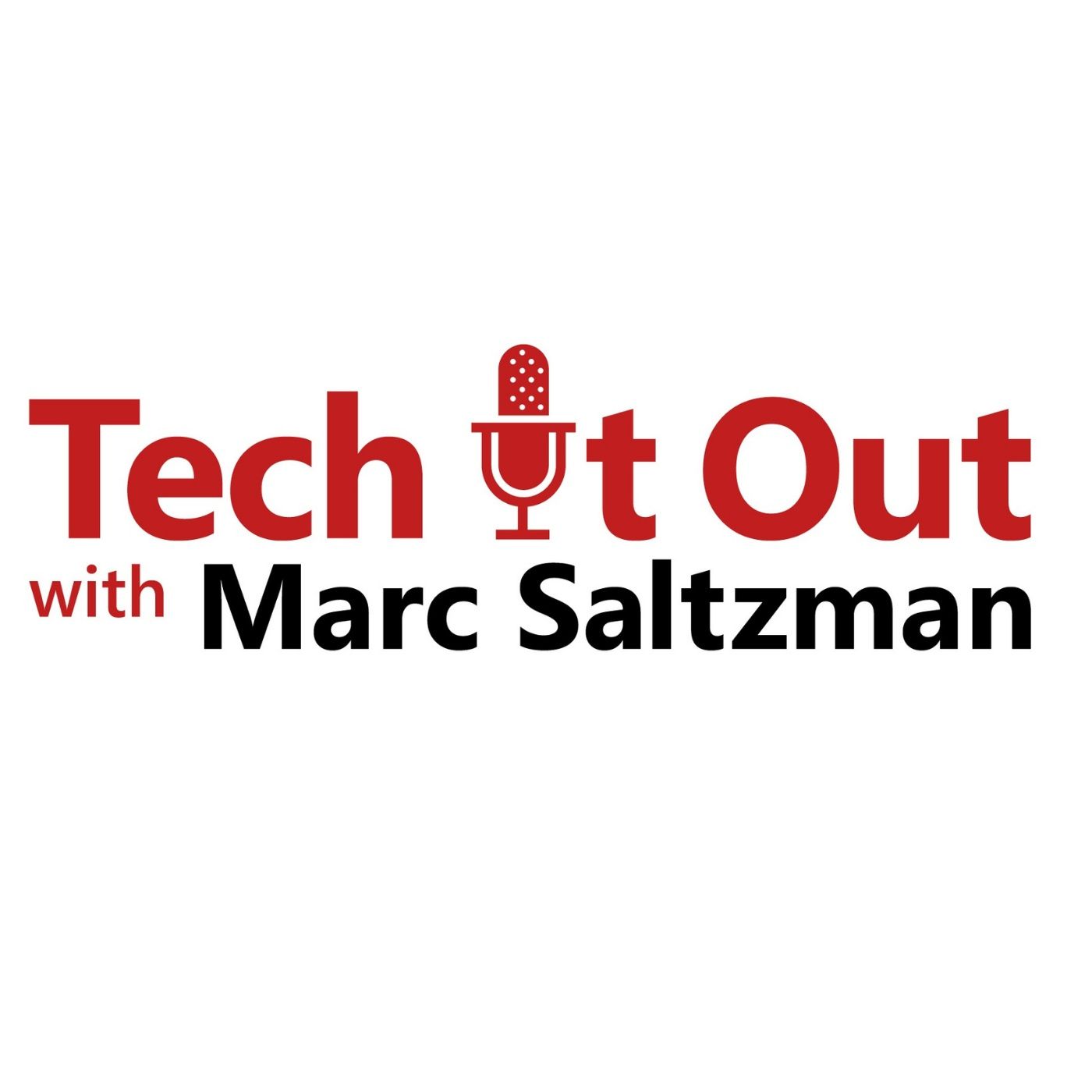
Tech Brewed
Welcome to Tech Brewed, your go-to podcast for the latest in technology products, training, and tips. Whether you're a tech enthusiast or a business professional, our show offers valuable insights into the ever-evolving world of technology.
What We Cover
Home and Business Technology Products
We delve into the latest gadgets and tools that can enhance your home and business environments. From smart home devices to enterprise-level solutions, we keep you updated on the best products for your needs.
Technology Training and Tips
Our episodes are packed with practical advice and training tips to help you maximize your tech investments. Whether you want to improve your cybersecurity or optimize your workflow, we've got you covered.
Creative Technology Software and AI
In today's digital age, creative technology software and artificial intelligence are game-changers. We explore how these innovations transform various industries and offer insights into their practical applications.
Featured Segments
AI and Its Impact
Discover how AI is changing the workplace and driving innovation. Our discussions range from improving audio quality with AI to extending life through advanced technologies.
Practical AI
Our goal is to make artificial intelligence accessible and practical for everyone. We break down complex topics into easy-to-understand segments, ensuring you stay ahead of the curve.
Join us on Tech Brewed for a deep dive into the tech world, where we blend expert knowledge with practical advice to help you navigate the digital landscape. Subscribe now and stay informed on the latest trends and innovations!
Tech Brewed
Essential Tips for Securing Your Home IoT Devices
Use Left/Right to seek, Home/End to jump to start or end. Hold shift to jump forward or backward.
In today's episode, we'll cover the discovery of a flaw in TP Link bulbs and then some IoT device security tips. Here's Greg Doig with this episode. A recently written article from the Malwarebytes blog about a problem with smart light bulbs, specifically the TP Link TAPO L530e smart bulb and the TP Link TAPO app. These light bulbs can't connect to the internet and let you control them with your phone, but researchers found that there are some things wrong with them that could let people hack into your Wi-Fi network. If people can get into your Wi-Fi network, they can do bad things.
Subscribe to the weekly tech newsletter at https://gregdoig.com
Welcome to Tech Brewed, the podcast where we dive into the latest tech news and explore the fascinating world of creative technology topics. Get ready to sip on a refreshing blend of innovation and insights as we discuss everything from artificial intelligence to cutting edge advancements in the tech industry. In today's episode, we'll cover the discovery of a flaw in TP Link bulbs, and then some IoT device security tips. Here's Greg Doig with this episode. An article from the Malwarebytes blog recently was written about a problem with smart light bulbs, specifically the TP Link TAPO L530e smart bulb and the TP Link TAPO app. These light bulbs can't connect to the internet and let you control them with your phone, but researchers found that there are some things wrong with them that could let people hack into your Wi Fi network. If people can get into your Wi Fi network, they can do bad things. They could look at your personal information, watch what you do, or even control other things connected to your Wi Fi. To make sure this doesn't happen, it's important to have strong and unique passwords for all your devices and accounts. That means using a mix of big and small letters, numbers, and special symbols in your passwords. Also, it's a good idea to add an extra layer of security like reading a special code or your fingerprint to log in on your devices. When you're not using the smart light bulbs or other smart devices, It's a good idea to turn them off. This makes it harder for unauthorized people to get in. You should check for updates from TP Link, the company that makes the light bulbs. These updates are fixes that make the light bulbs safer by keeping your light bulb software up to date. You can make sure you have the latest fixes to protect against hacks. So, in summary, smart light bulbs are cool, but can be dangerous if they're not secure. To stay safe, you should have strong passwords and an extra layer of security. Turn off devices when not using them, and update the light bulbs regularly. Also, if you have other types of IoT devices, or Internet of Things devices they call them, always check the manufacturer's websites frequently for updates for their software. To protect your home Internet of Thing devices, or IoT for the abbreviation, here are some essential tips. One, change default credentials. Always change the default usernames and passwords on your IoT devices. Use strong unique passwords to prevent unauthorized access. Two, keep firmware up to date. Regularly update the IoT devices to ensure they have the latest security patches. Check the manufacturer's website or use automatic updates if available. Three, disable unnecessary features. Disable any features or services on your IoT devices. That you do not use. This reduces the attack surface and minimizes potential vulnerabilities. 4. Secure your home network. Set up a strong, unique password for your Wi Fi network. Enable network encryption that's available on your router such as WPA2 or WPA3 to protect against unauthorized access. 5. Separate IoT devices on your network. Consider creating a separate network for your IoT devices to isolate them from your main network. This helps prevent unauthorized access to sensitive data. 6. Use a firewall. Enable a firewall on your home router to block unauthorized access to your IoT devices. Restrict incoming and outgoing traffic to only what is necessary. 7. Disable remote access. Unless required, disable remote access to your IoT devices. This prevents attackers from accessing your devices from outside your home network. 8. Regularly monitor device activity. Keep an eye on the activity of your IoT devices. Check for any suspicious behavior or unexpected network traffic that could indicate a security breach. 9. Disable universal plug and play, which is abbreviated UPnP. UPnP can introduce security risks by allowing devices to automatically open ports on your router. Disable UPnP unless it's necessary. 10. Research before purchasing. Before buying any IoT devices, Research the manufacturer's reputation for security. Choose devices from reputable brands that prioritize security. Remember, maintaining the security of your IoT devices is an ongoing process. Stay vigilant, keep them updated and follow these best practices to protect your home network and personal data. In today's episode of Tech Brewed with Greg Doig, we told you about the TP Link bulb security flaws and gave you steps to help protect all your IoT devices on your home network. Thanks for tuning in. And don't forget to subscribe for more tech insights.
Podcasts we love
Check out these other fine podcasts recommended by us, not an algorithm.

Tech It Out
Radio America
My First Million
Hubspot Media
The Startup Ideas Podcast
Greg Isenberg
Lex Fridman Podcast
Lex Fridman
The Rest Is History
Goalhanger
